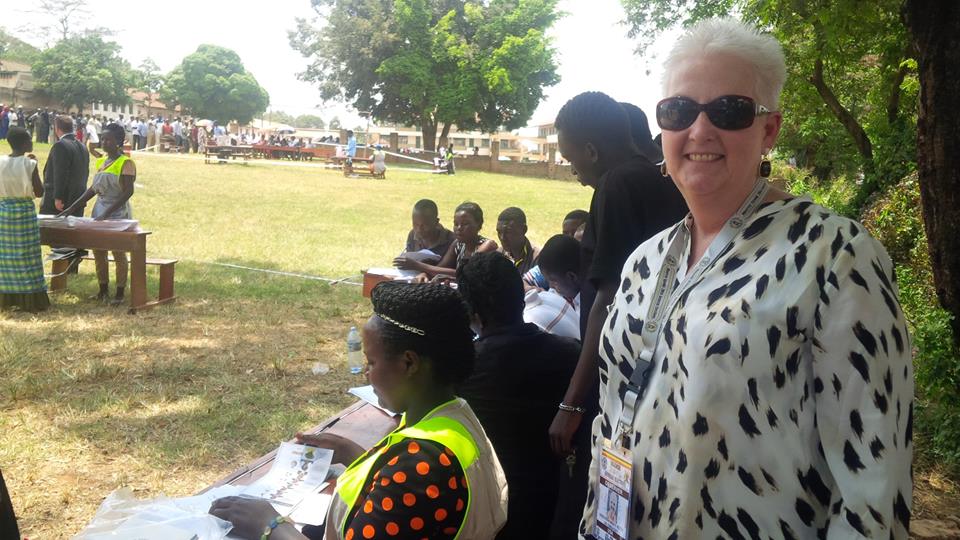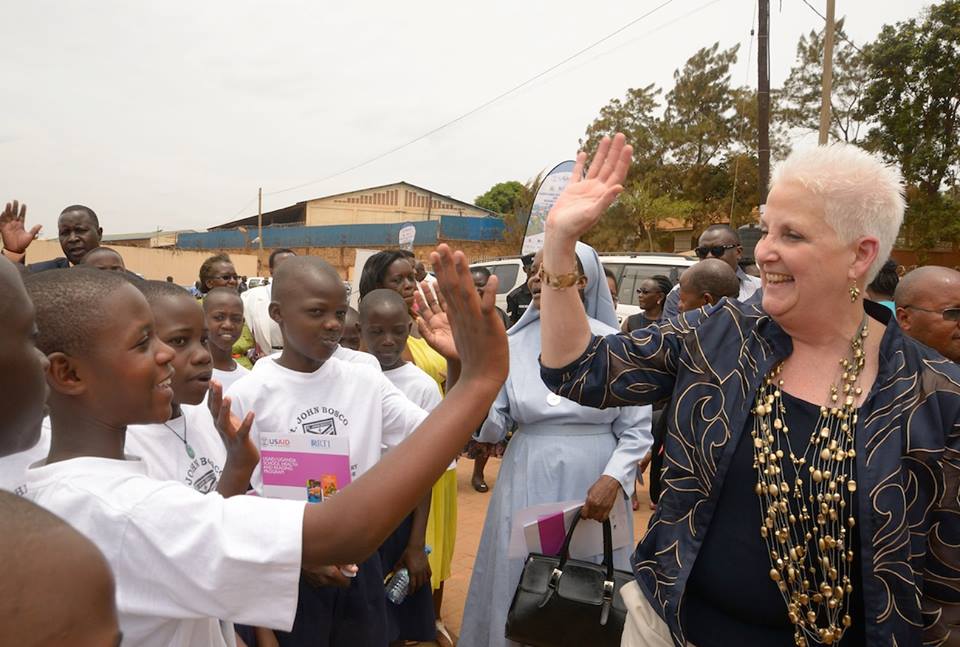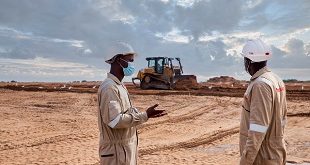
Early this year, the White House announced the deployment of CV-22 Osprey vertical lift aircraft, refuelling planes, and 150 Air Force personnel to Uganda. Already, 100 US special operations troops have been advising African forces in the hunt for LRA rebel leader Joseph Kony since 2011.
Observers say, however, a lot could change in the next few years. Many point at the coming changes in the White House occupancy in January 2017. Whether the likely Democratic Party contender, Hillary Clinton, wins the U.S. presidency or the Republican, Donald Trump, trumps her, American foreign policy is likely to be more aggressively interventionist.
African leaders, who have attempted to assert their independence under the less interventionist President Barack Obama, might soon be facing intensified clipping of wings. Under the current administration, both President Barack Obama and his Secretary of State, John Kerry, have kept away from Uganda.
That is why Ambassador Malac’s disposition is critical. She should be keenly aware that a change in administration in Washington might mark a premature end of her tenure in Kampala. She could serve out her full-term till 2020 if Clinton wins the White House. Even if it is Trump, she could possibly be kept on for a few months into 2017 as the new administration realigns its diplomatic corps. In any case, Malac has shown in her previous postings that she lives by the bang.
During her confirmation hearing in the U.S. Senate in November 2015, Malac referred to Uganda as a “difficult environment”. That was in response to a question by Delaware Senator Chris Coons regarding the treatment of homosexuals in Uganda. But Malac’s description could reflect her view of the Museveni government.
Malac understands African politics far more than most commentators. She has worked in South Africa, Cameroon, Senegal, and Ethiopia. In the case of Uganda, she has studied President Museveni from as far back as 2005 when she was appointed deputy director in the U.S. State Department’s Office of East African Affairs. So there is nothing spontaneous or unrehearsed about her attitude and her actions will be driven by convictions formed over decades. Already, she has shown that she is in not afraid to act.
At her last posting before heading to Uganda, in Liberia, she caused a storm when she featured at the centre of a movie-style rescue attempt of the Mayor of Monrovia, Mary Broh. The mayor and her supporters freed Grace Kpaan, a former local administrator accused of corruption, and sped off in a getaway car.
Although the suspect was later re-arrested, Malac firmly spoke out in support.
According to media reports from the period, she said the “political atmosphere” in Liberia had given rise to “unprovoked verbal and physical assaults on women”. She defended Broh as an “effective and tireless agent of change” and a “strong partner” for the United States.
Barely a few months in Uganda in April, Malac raised tensions between Uganda and the U.S. when she made a speech directly criticising President Museveni’s government.

Speaking at a Women’s Conference, Malac said: “The social media shutdown, the detention of opposition figures, harassment of media [during and after elections] – all of these things combined with poor organisation of the election have weakened Uganda’s democracy and tarnished Uganda’s image as a strong democracy in a turbulent region.” Those familiar with Malac’s style would say her outspokenness is nothing unusual.
Museveni responded by telling donors not to attempt to lecture him about how to run Uganda.
Increasingly, however, there is a sense that the west could grow weary of Museveni.
Museveni’s tactics
Leading opposition politician Joseph Bbosa, formerly Vice President of Uganda Political Congress (UPC) says Museveni’s bravado derision of the U.S. is an old tactic.
“Museveni plays one power against the other, the old cold war politics. If you do not give me this, I will got to China. If you don’t give me what I want, I will go to someone who will not ask questions.”
Commenting on Museveni’s stance on the ICC, Bbosa said it was unprincipled.
“Once you enter an arrangement with eyes wide open, you don’t just start playing games when you realise it is affecting you. We went to the ICC after many years of negotiations therefore he should own up. You don’t take there Ongwen and start saying it is useless now, that is being unprincipled.”
Moses Khisa, a Ugandan who teaches comparative politics and political economy at North Western University in Chicago, USA, says the US seems to be in a quandary over Museveni.
“It doesn’t look like business as usual,” he told The Independent, adding that the West is pressing for a new way of dealing with Africa and they possibly see Museveni as increasingly becoming a liability.
“At the U.S. State Department, opinion is divided. At the Department of Defence, Museveni still has majority good will and support. But in end, the West can only meaningfully dump Museveni if developments on the ground in Uganda turn decidedly against him. For as long as he maintains a firm grip, there’s not much the West can do that will significantly hurt his hold on power. Look at Zimbabwe and Mugabe!”
Khisa added, however, that the West has proved that it “easily gets instrumentally used by authoritarian rulers like Museveni who, although are clients, nevertheless wield influence over their patrons.”
It doesn’t look like business as usual, the West is pressing for a new way of dealing with Africa and they possibly see Museveni as increasingly becoming a liability
Peter Mathuki, a Kenyan representative in the Arusha-based East African Legislative Assembly (EALA) agreed. He says Museveni is a key player who Americans cannot write off easily. Khisa makes the same point, asserting that Museveni is motivated by the urge to remain relevant to the West for his own instrumental purposes.
“Even when he makes those outlandish public statements, behind the scenes Museveni most likely gives assurances that he means well and is still willing to do all the onerous work for the West, of course in return for the cash handouts he gets,” Khisa said.
Commenting on Museveni’s use of the war on terror as a bargaining chip, Khisa says the attraction could wear off.
“It’s very possible that sometime in the near future the US and EU will call a bluff on Museveni’s blackmail with respect to the war on terror and his claim to being the sole guarantor of security and stability in the region.”
He adds that Museveni’s Western patrons could be growing weary of him.
Khisa adds: “Will this go on forever, most unlikely”.
 The Independent Uganda: You get the Truth we Pay the Price
The Independent Uganda: You get the Truth we Pay the Price


